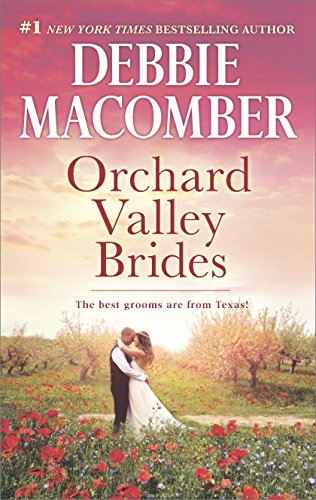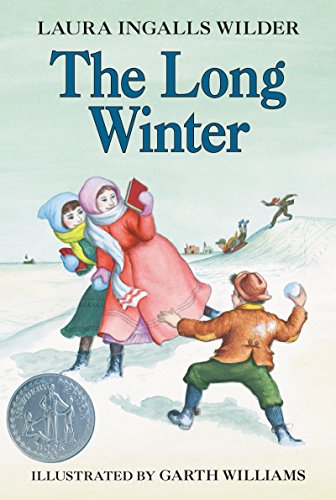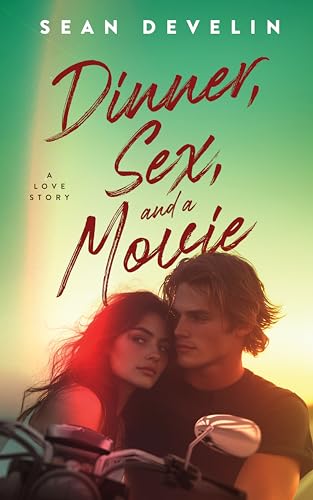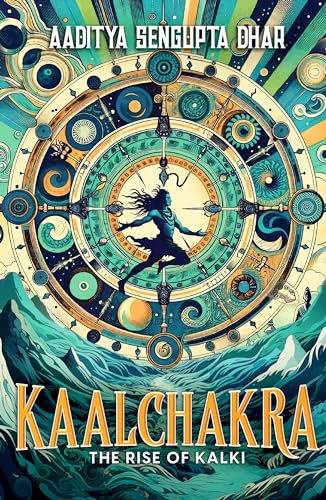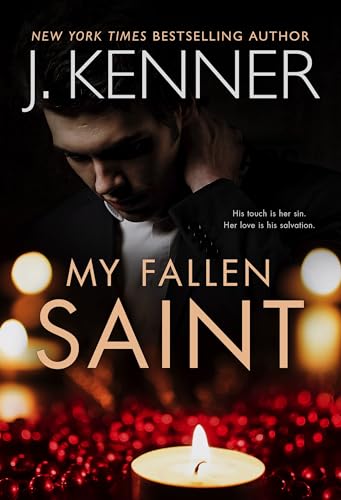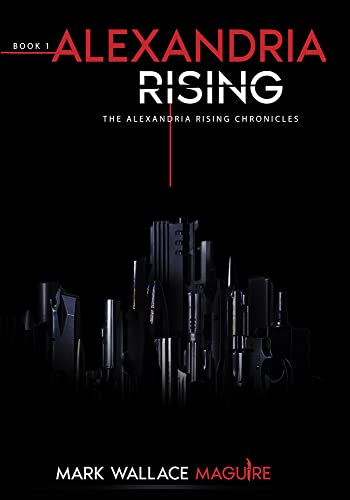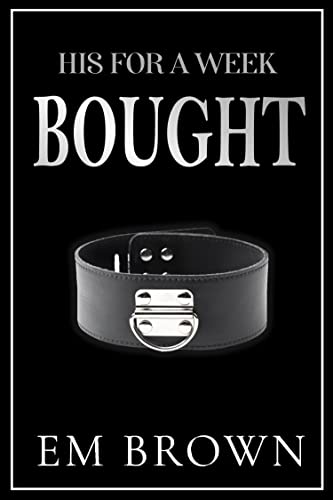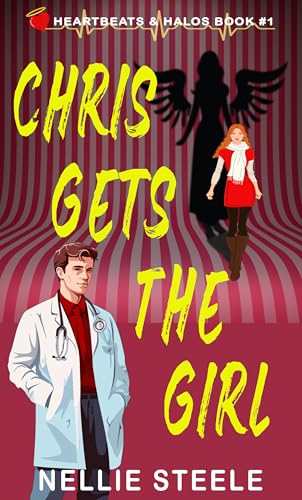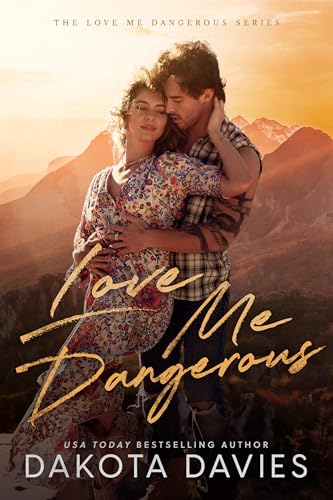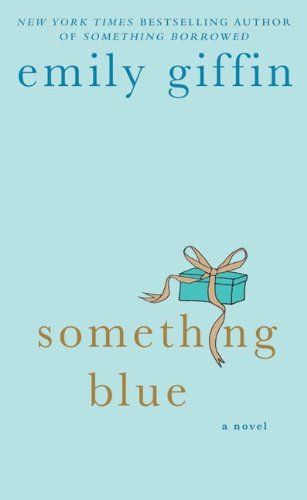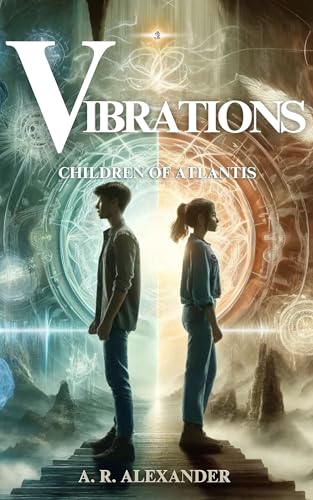 In today’s Publetariat Dispatch, author and Publetariat founder and Editor in Chief April L. Hamilton discusses the inspiration and technical challenges that went into creation of her new, very unusual “social media novel,” Overshare.
In today’s Publetariat Dispatch, author and Publetariat founder and Editor in Chief April L. Hamilton discusses the inspiration and technical challenges that went into creation of her new, very unusual “social media novel,” Overshare.
The concept for my latest book, Overshare, had been bouncing around in my head for well over a year. In it, a young man encounters some major life challenges in rapid succession, and unwittingly, publicly reveals his increasing stress level and alienation from his wife, family and friends through his posts on social media sites. It was a scenario I’d seen unspool in the real-world life of an online acquaintance, and I knew it would make a very timely and relatable story. The only problem was how to convey the events of the story in a way that would capture my experience: following status updates and posts with growing heartache for this person with whom I was only nominally acquainted, yet whom I’d come to know so much about—so much more than I’m sure was intended.
Then it hit me: why not give the reader exactly the same experience I had?
 Why not show the reader my protagonist’s actual social media web pages, containing his status updates and others’ responses to them, as well as his blog posts, but purposely limit the content to only what a member of the general public would see? To make the reader’s experience as realistic as possible, I knew I’d have to mimic the look and content of the most popular social media sites very closely, and the resulting book would have to be presented in full color. To produce such a book in print would be cost prohibitive, but with the advent of color ereader apps and devices, it seemed an ideal fit for a totally new kind of ebook.
Why not show the reader my protagonist’s actual social media web pages, containing his status updates and others’ responses to them, as well as his blog posts, but purposely limit the content to only what a member of the general public would see? To make the reader’s experience as realistic as possible, I knew I’d have to mimic the look and content of the most popular social media sites very closely, and the resulting book would have to be presented in full color. To produce such a book in print would be cost prohibitive, but with the advent of color ereader apps and devices, it seemed an ideal fit for a totally new kind of ebook.
The next hurdle to overcome was sourcing the many photos I knew I’d need to fill the simulated social media site pages. I’d need avatars, or user pictures, of the protagonist and everyone he’d be interacting with online. I’d need candid family and event photos of the sort people regularly post on Facebook. And because of the story arc, I’d need a series of pictures of a young woman at various stages of pregnancy, a series of pictures of a young man depicting the journey from hale and cheerful to beaten and haggard, and finally, baby pictures depicting a preemie’s path from NICU to healthy newborn at home.
At first this seemed an insurmountable obstacle. I couldn’t afford to hire models to pose for all the pictures I’d need, and didn’t have the time, equipment or skills to act as photographer. Anyway, posed stills would never give me the realism I needed. Then, another stroke of inspiration: Creative Commons –licensed images are easily found online, and plenty of them have been licensed as permissible for commercial and remix use. I soon had a treasure trove of real-life photos of real-life people for which the rights holders had pre-emptively granted permission to anyone to use for commercial purposes (such as in a book to be sold for profit) and remix use (such as cropping and coloring to achieve my desired effects).
With this last piece of the puzzle locked into place, I knew I’d be able to produce the “book” I had in mind: one consisting entirely of simulated screen shots of the protagonist’s social media postings.
It would be a novel, in that it would be fiction, but it would be unlike any novel I’d ever seen before. Kind of like an epistolary novel, in that much of its content would consist of written communications taken directly from the characters, but not really, in that those communications did not take the form of letters or any other kind of traditional correspondence. Kind of like a graphic novel, in that much of the content would consist of images, but not really, in that it would also contain blocks of prose in the form of blog posts. I decided I’d need to come up with a new term for this type of book, and after giving it some thought, I came up with “social media novel”.
Here are some examples from the book:



Something I wanted to be sure to illustrate in the book is how what someone doesn’t say online can often reveal much more than what he does say. The screenshot below shows the protagonist’s first post following the decision to go public with his wife’s pregnancy; note the complete absence of happiness or excitement in his remarks. There’s not even a smiley face there. What does this tell you? Also note how, based on the number of “Likes” and “Comments”, you can tell how large Michael’s circle of acquaintance and support is at this point; as the story goes on, these numbers shrink.

In creating this unusual book, I found that the form it took underscored and illuminated the theme as much as the content. A few early readers asked if the people in the pictures might be upset to learn their photos had been used in this way, and my response was if they did, that would only serve to further exemplify the point I’m trying to make in Overshare: that posting anything online for public consumption can have unintended consequences.
This book took a LOT of effort to produce. The words were the easy part, and constituted maybe only 40% or so of the finished book’s content. I had to do a great deal of work in my graphics editor program, and a lot of complex formatting in MS Word. Then I had to pass the completed manuscript on to someone well-versed in advanced HTML and graphics techniques to take my Word file and convert it into an ebook file that preserved my images and formatting. I’m thrilled to see the finished product at last, and know that it looks exactly like the book I pictured in my mind’s eye all those many months ago. I’m also very excited by the creative possibilities I can now see in full-color, non-traditional ebooks. I hope that as time goes on, many authors will be inspired to explore those possibilities.
April L. Hamilton is the founder and Editor in Chief of Publetariat. Overshare is now available.

